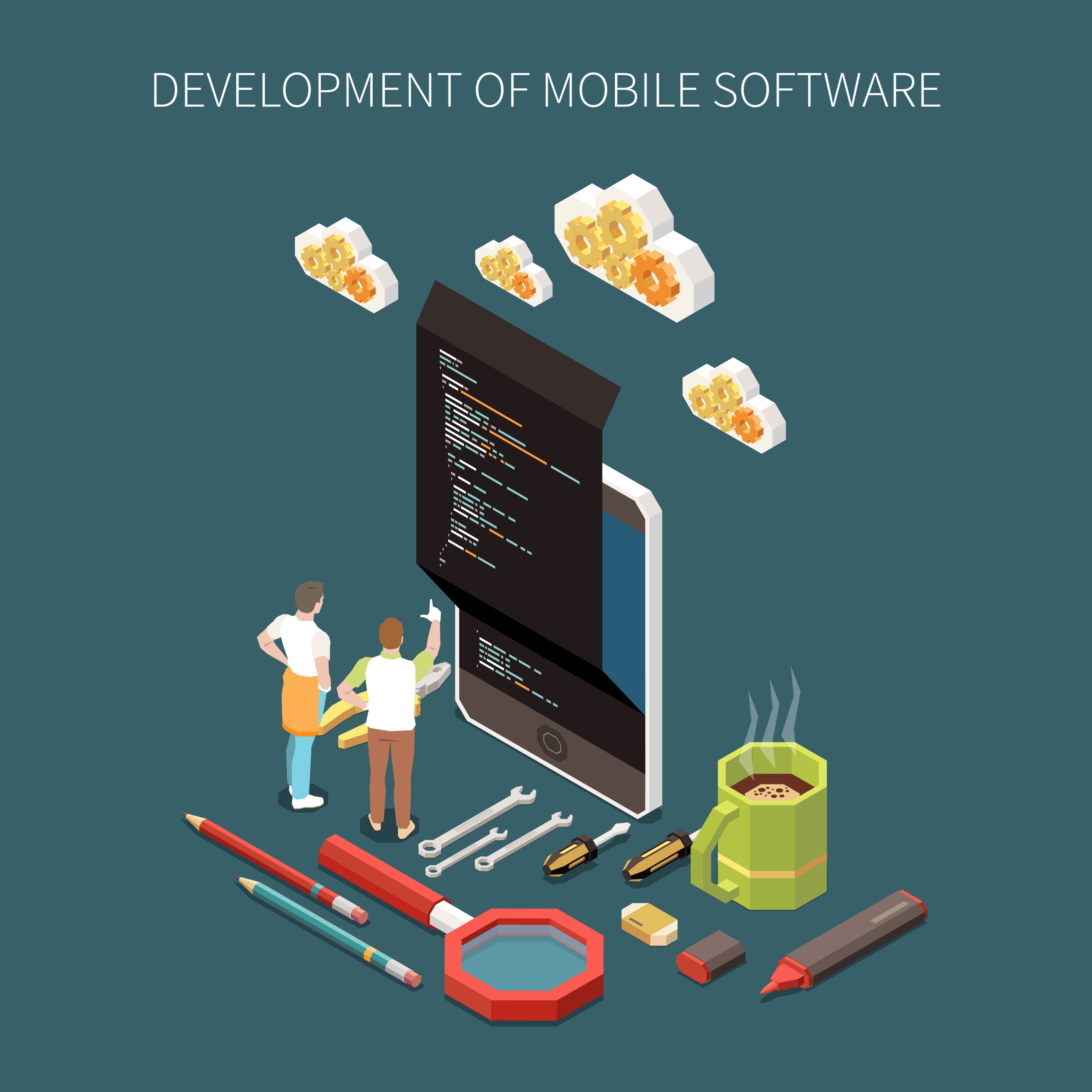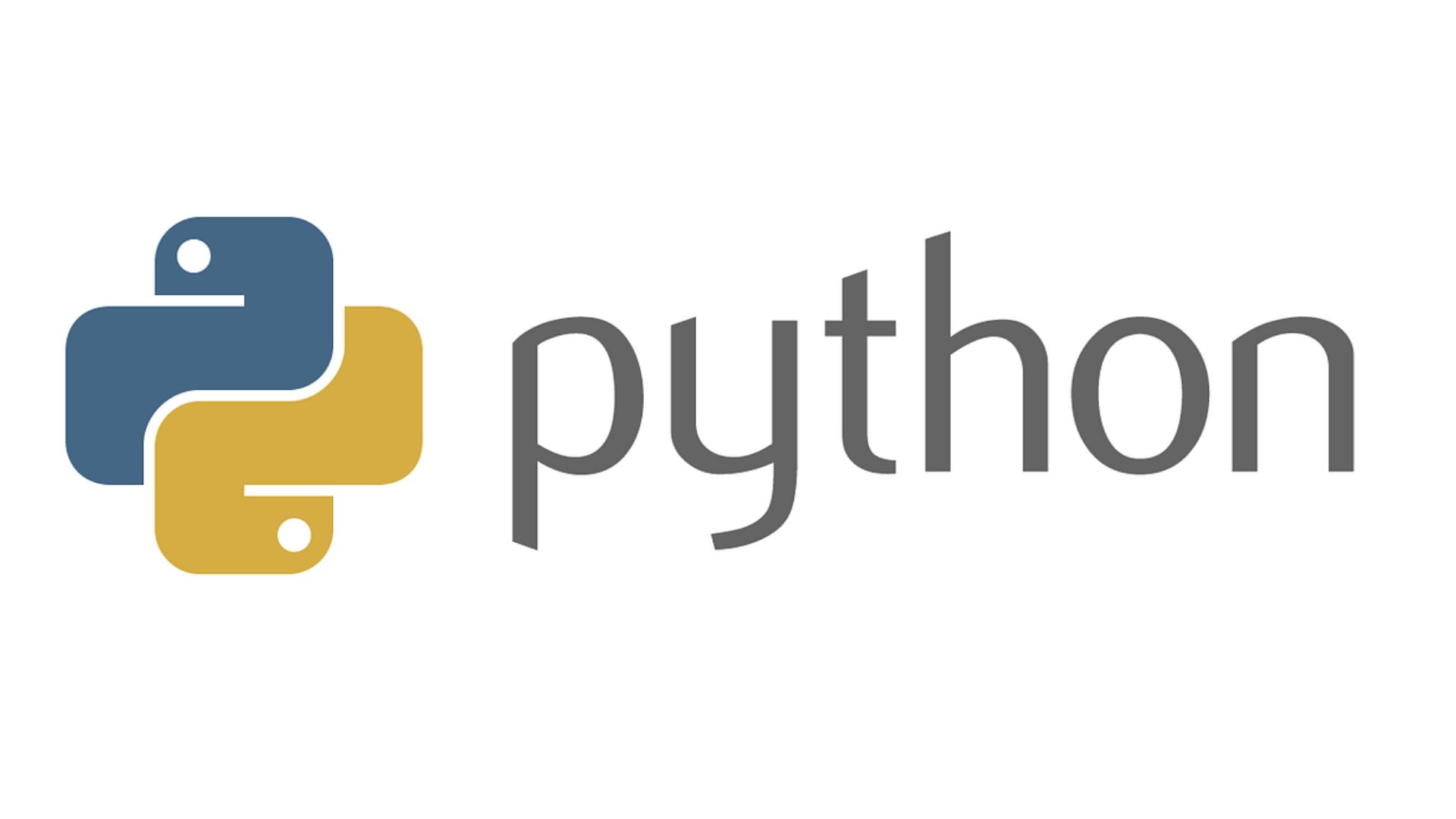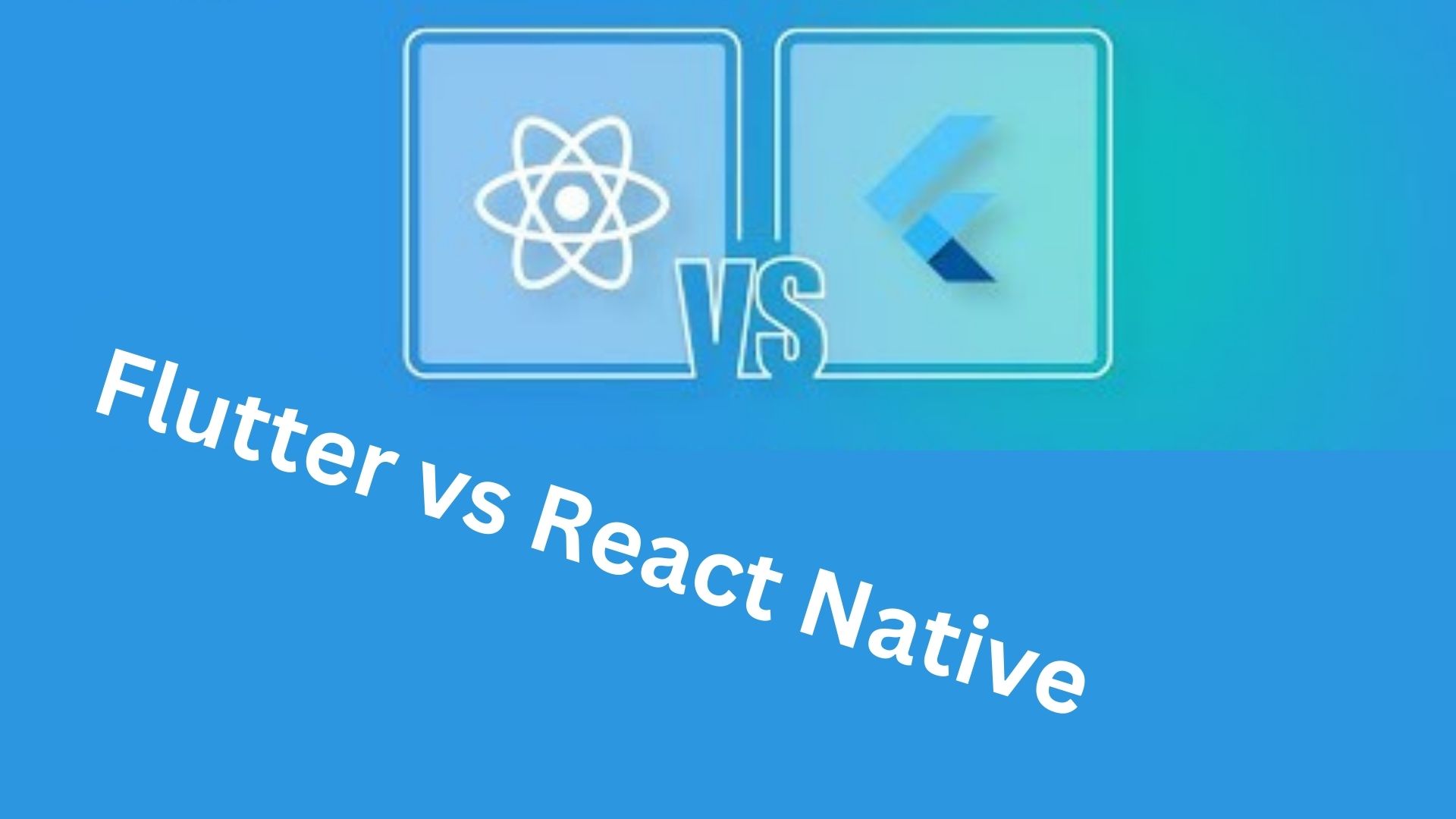
App development is a multifaceted process that requires the use of various tools and technologies to bring innovative ideas to life. In today’s dynamic digital landscape, the question of “What tool is used for app development?” encompasses a broad spectrum of possibilities. From sophisticated Integrated Development Environments (IDEs) like Android Studio and Xcode to versatile cross-platform frameworks such as Flutter and React Native, the toolbox for app developers is vast and diverse.
These tools provide developers with the essential functionalities needed to design, code, test, and deploy mobile applications across different platforms and devices. Moreover, app prototyping and design tools like Sketch and Adobe XD enable developers to create intuitive user interfaces and visually appealing designs. In addition to front-end development tools, backend services and APIs play a crucial role in building robust and scalable applications, with platforms like Firebase and AWS offering a wide range of cloud-based solutions. Furthermore, app analytics and testing platforms such as Firebase Analytics and TestFlight empower developers to gather insights into user behavior, identify performance issues, and iterate on their apps for continuous improvement.
The choice of tools ultimately depends on factors such as project requirements, team expertise, budget constraints, and scalability needs. By leveraging the right combination of tools and technologies, developers can streamline their workflow, accelerate development cycles, and deliver high-quality mobile experiences that resonate with users in today’s competitive app market.
Tool is used for app development:
Furthermore, the evolution of app development tools is fueled by ongoing technological advancements and the ever-changing demands of the market. With the emergence of newer paradigms like progressive web apps (PWAs) and augmented reality (AR) experiences, developers are continually exploring innovative tools and frameworks to push the boundaries of what’s possible in app development. Moreover, the open-source community plays a pivotal role in driving innovation and democratizing access to cutting-edge tools and resources. Platforms like GitHub and GitLab serve as hubs for collaboration, allowing developers to contribute to and benefit from a vast repository of code libraries, plugins, and extensions.
Additionally, the proliferation of no-code and low-code platforms has democratized app development, enabling individuals with limited coding experience to create functional applications using intuitive visual interfaces and drag-and-drop components. As the app development landscape continues to evolve, staying abreast of the latest tools, trends, and best practices is essential for developers to remain competitive and deliver exceptional user experiences. By embracing a culture of continuous learning and experimentation, developers can harness the power of technology to drive innovation and create transformative mobile solutions that shape the future of digital experiences.
Best tools for mobile app development
When delving into the realm of mobile app development, the quest for the best tools becomes paramount. The landscape is vibrant and dynamic, with an array of options catering to diverse needs and preferences. Integrated Development Environments (IDEs) like Android Studio and Xcode offer comprehensive suites for crafting native apps, empowering developers with robust debugging tools and seamless integration with platform-specific features. Meanwhile, cross-platform development frameworks such as Flutter, React Native, and Xamarin have gained traction for their ability to streamline development across multiple platforms while maintaining code reusability. These frameworks leverage the power of modern programming languages like Dart and JavaScript, enabling developers to reach wider audiences with a single codebase.
Beyond the development phase, app prototyping and design tools like Adobe XD and Sketch facilitate the visualization and iteration of app interfaces, fostering creativity and user-centric design principles. Backend services and APIs play a pivotal role in app functionality, with platforms like Firebase offering scalable infrastructure for data storage, authentication, and cloud messaging. Moreover, app analytics and testing platforms such as Firebase Analytics and TestFlight empower developers to gather insights, identify performance bottlenecks, and iterate rapidly based on user feedback.
In the pursuit of excellence, developers must carefully evaluate these tools based on factors like platform compatibility, ease of use, scalability, and community support. By harnessing the power of the best tools for mobile app development, developers can embark on a journey of innovation, bringing their ideas to life and shaping the future of mobile experiences.
Table of Contents
Introduction to App Development Tools

App development tools represent the cornerstone of modern software engineering, providing developers with the necessary resources to navigate the complexities of crafting innovative and functional mobile applications. In an era characterized by the ubiquitous presence of smartphones and tablets, the demand for sophisticated and user-friendly mobile apps has surged, prompting developers to seek out robust solutions to streamline the development process. These tools encompass a diverse array of software platforms, frameworks, and integrated development environments (IDEs), each tailored to address specific aspects of the app creation journey.
From prototyping and design to testing and deployment, app development tools serve as indispensable companions, empowering developers to unleash their creativity and transform concepts into tangible digital experiences. With the rapid evolution of technology, developers are continually challenged to stay abreast of emerging trends and advancements in the field, leveraging cutting-edge tools to push the boundaries of what’s possible in mobile app development.
As the app ecosystem continues to expand, fueled by a burgeoning market hungry for innovative solutions, the role of app development tools remains paramount, guiding developers on their quest to deliver impactful and immersive experiences to users worldwide.
Types of Tools Used for App Development
In the realm of app development, various types of tools play pivotal roles in shaping the creation process. Integrated Development Environments (IDEs) stand as the cornerstone, offering comprehensive environments where developers write, debug, and test their code seamlessly. These IDEs often come equipped with features like code completion, debugging tools, and version control integration, streamlining the development workflow. Cross-platform development tools have emerged as essential assets, allowing developers to write code once and deploy it across multiple platforms, significantly reducing development time and effort.
These tools leverage frameworks like React Native, Flutter, and Xamarin, enabling developers to build apps that run smoothly on both iOS and Android platforms without sacrificing performance or user experience. Additionally, app prototyping and design tools have become indispensable in the iterative design process, facilitating the creation of mockups and prototypes that help visualize the app’s user interface and user experience before actual development begins. Backend services and APIs form the backbone of many mobile applications, providing essential functionalities such as data storage, user authentication, and push notifications. These services enable developers to focus on building the frontend of their apps while leveraging powerful backend infrastructure to handle complex tasks efficiently.
Finally, app analytics and testing platforms play a crucial role in ensuring the quality and performance of mobile applications. These tools provide insights into user behavior, app performance, and potential issues, allowing developers to make data-driven decisions and iterate on their apps effectively. In summary, the diverse range of tools available for app development caters to different aspects of the development process, empowering developers to create innovative and high-quality mobile applications.
Key Features to Look for in App Development Tools
When delving into the realm of app development, it becomes paramount to discern the key features that make a tool indispensable. Among the myriad of offerings, certain features stand out as essential, guiding developers towards efficient and effective creation processes. Firstly, multi-platform compatibility emerges as a cornerstone, enabling developers to reach a broader audience by deploying apps across various operating systems seamlessly. An intuitive and user-friendly interface follows closely, as it fosters a conducive environment for creativity and productivity, reducing the learning curve and empowering developers to focus on crafting exceptional user experiences.
Comprehensive debugging tools further enhance the development journey, allowing for swift identification and rectification of errors, thereby minimizing setbacks and optimizing workflow efficiency. Integration with third-party services emerges as another critical feature, facilitating seamless incorporation of additional functionalities and resources, enriching the app’s capabilities and enhancing its value proposition. Moreover, scalability and performance optimization features ensure that apps can evolve alongside user demands, maintaining optimal performance levels even as usage scales. By prioritizing these key features in app development tools, developers can navigate the complexities of the development process with confidence, delivering innovative and impactful solutions to the ever-evolving digital landscape.
Top App Development Tools in the Market
When delving into the realm of app development, one cannot overlook the pivotal role played by the choice of development tools. Among the myriad options available in the market, some stand out as the crème de la crème, catering to a diverse array of developers and projects. Flutter, Google’s UI toolkit, has gained widespread acclaim for its ability to craft natively compiled applications for mobile, web, and desktop from a single codebase. React Native, backed by Facebook, offers a similar advantage with its cross-platform compatibility, leveraging JavaScript to build native-like experiences.
Xamarin, now part of Microsoft’s Visual Studio, empowers developers to create native Android, iOS, and Windows apps using C#. Android Studio, Google’s official IDE for Android development, provides a comprehensive suite of tools for building robust Android applications, coupled with powerful debugging and testing capabilities. On the other hand, Xcode stands as the go-to choice for iOS and macOS app development, boasting an intuitive interface and seamless integration with Apple’s ecosystem.
Each of these tools brings its own set of strengths to the table, whether it’s Flutter’s flexibility, React Native’s familiarity, Xamarin’s cross-platform prowess, Android Studio’s depth, or Xcode’s seamless iOS integration. By carefully considering the specific requirements and objectives of their projects, developers can make an informed decision about which tool aligns best with their needs, ensuring a smooth and efficient development process from inception to deployment.
How to Choose the Right Tool for Your App Development Project
Choosing the right tool for your app development project is a critical decision that can significantly impact the success and efficiency of your endeavor. The process of selection requires careful consideration of various factors to ensure that the chosen tool aligns perfectly with the specific requirements and objectives of your project. To begin with, it’s essential to define your project goals clearly. Understand the functionalities and features your app needs to offer, as well as the target audience it aims to serve. By having a clear vision of what you want to achieve, you can narrow down the options and focus on tools that best suit your project’s scope.
Furthermore, consider the expertise and preferences of your development team. Each tool comes with its learning curve and requires a certain level of proficiency to use effectively. Assess the skill sets within your team and determine which tools align with their strengths and familiarity. Opting for a tool that complements your team’s expertise can streamline the development process and minimize potential hurdles along the way.
Cost and scalability are also crucial factors to evaluate when choosing an app development tool. While some tools may offer robust features, they might come with a hefty price tag that may not be feasible for your budget. On the other hand, opting for a cheaper option may compromise on essential functionalities or scalability, leading to limitations as your app grows. Strike a balance between cost and scalability by considering the long-term implications of your choice and how it aligns with your project’s growth trajectory.
Seeking recommendations and insights from industry experts can provide valuable insights into the pros and cons of different tools. Engage with the developer community through forums, social media groups, or networking events to gather firsthand experiences and recommendations. Additionally, leverage resources such as online reviews, case studies, and success stories to gain a deeper understanding of how each tool performs in real-world scenarios.
Finally, trial the shortlisted tools before making a final decision. Many software vendors offer free trials or limited versions of their tools, allowing you to test their functionalities and suitability for your project. Take advantage of these opportunities to get hands-on experience and assess how each tool performs in your specific environment. Solicit feedback from stakeholders or potential users during the trial period to gather insights into usability, performance, and overall satisfaction.
In conclusion, choosing the right tool for your app development project requires careful consideration of various factors, including project goals, team expertise, cost, scalability, and recommendations from industry experts. By following a structured approach and evaluating the options based on these criteria, you can make an informed decision that sets your project up for success from the outset.
Top software for creating apps
When it comes to creating apps, choosing the right software is paramount to the success and efficiency of the development process. With the ever-growing demand for mobile applications across various industries, developers are presented with a plethora of options for software tools tailored to their specific needs. From integrated development environments (IDEs) to cross-platform development frameworks, each software solution offers its unique set of features and capabilities. Among the top contenders in the market, Flutter, React Native, Xamarin, Android Studio, and Xcode stand out for their versatility, performance, and community support. Flutter, developed by Google, has gained popularity for its ability to build high-quality native interfaces on iOS and Android platforms using a single codebase.
React Native, backed by Facebook, allows developers to leverage their knowledge of JavaScript to create native-like experiences across different devices. Xamarin, now a part of Microsoft, offers a robust framework for building cross-platform apps using C#. Android Studio, the official IDE for Android app development, provides a comprehensive suite of tools for designing, coding, and testing applications specifically for the Android platform. On the other hand, Xcode is the preferred choice for iOS developers, offering a seamless development experience with features like Interface Builder and SwiftUI.
Ultimately, the best software for creating apps depends on factors such as project requirements, team expertise, and scalability needs. By carefully evaluating the strengths and limitations of each tool, developers can make informed decisions to ensure the success of their app development endeavors.
Tools used by app developers
Tools used by app developers play a pivotal role in the creation, refinement, and deployment of mobile applications. These tools encompass a wide range of software and platforms designed to streamline the development process, enhance productivity, and ensure the delivery of high-quality applications. Integrated Development Environments (IDEs) serve as the backbone of app development, providing developers with a comprehensive suite of features such as code editing, debugging, and project management capabilities. Cross-platform development tools enable developers to build applications that run seamlessly across multiple operating systems, reducing the need for separate codebases and accelerating time-to-market.
App prototyping and design tools facilitate the visualization and iteration of app interfaces, allowing developers to create intuitive and visually appealing user experiences. Backend services and APIs provide essential infrastructure components for storing data, managing user authentication, and enabling communication between the app and external systems. Additionally, app analytics and testing platforms empower developers to monitor app performance, identify potential issues, and gather valuable insights to optimize user engagement and retention. Overall, these tools not only simplify the complexities of app development but also empower developers to unleash their creativity and innovation in bringing unique and impactful mobile experiences to life.
Popular platforms for building applications
Popular platforms for building applications offer developers a diverse range of tools and resources to streamline the app development process. These platforms cater to various needs and preferences, providing intuitive interfaces, robust frameworks, and extensive libraries to support developers throughout the entire development lifecycle. From cross-platform solutions like Flutter and React Native to native development environments like Android Studio and Xcode, these platforms empower developers to create high-quality applications for a wide range of devices and operating systems.
Additionally, these platforms often offer comprehensive documentation, tutorials, and community support, enabling developers to quickly learn and leverage new technologies. Whether targeting iOS, Android, or both, developers can find the tools they need to build feature-rich, scalable applications that meet the demands of today’s users. Furthermore, the popularity of these platforms stems from their ability to accelerate development timelines, reduce development costs, and facilitate collaboration among team members. As the demand for mobile applications continues to grow, these platforms play a vital role in driving innovation and empowering developers to create compelling digital experiences.
Conclusion
In conclusion, the world of app development offers a plethora of tools and platforms to choose from, each with its own set of features and benefits. Making the right choice among these options is paramount to the success of any app development project. By carefully considering the specific needs and requirements of your project, along with factors such as team expertise, budget constraints, and scalability, you can effectively narrow down your options and select the tool that best aligns with your goals.
Furthermore, seeking insights from industry experts, leveraging trial versions or demos, and soliciting feedback from stakeholders can provide valuable guidance in the decision-making process. Remember, the chosen tool should not only streamline the development process but also facilitate seamless integration, robust testing, and efficient deployment of your app. With thorough research, thoughtful consideration, and a focus on long-term sustainability, you can confidently navigate the landscape of app development tools and embark on a path towards creating successful and impactful mobile applications.
FAQs About What tool is used for app development?
- What are some free app development tools available?
- There are several free app development tools available, including Android Studio, Flutter, and React Native, which offer robust features without requiring any upfront cost.
- Which app development tool is best for beginners?
- For beginners, platforms like Android Studio and Flutter offer user-friendly interfaces, extensive documentation, and community support, making them ideal choices to kickstart app development journeys.
- How do I choose the right app development tool for my project?
- When choosing an app development tool, consider factors such as platform compatibility, development environment preferences, scalability requirements, and community support to ensure the tool aligns with your project goals.
- Can I use multiple app development tools simultaneously?
- While it’s possible to utilize multiple app development tools in a project, it’s essential to ensure compatibility and streamline workflows to avoid complications and maintain project efficiency.
- Are there any specialized app development tools for gaming applications?
- Yes, several specialized app development tools cater specifically to gaming applications, such as Unity and Unreal Engine, offering robust features for game development across various platforms.


